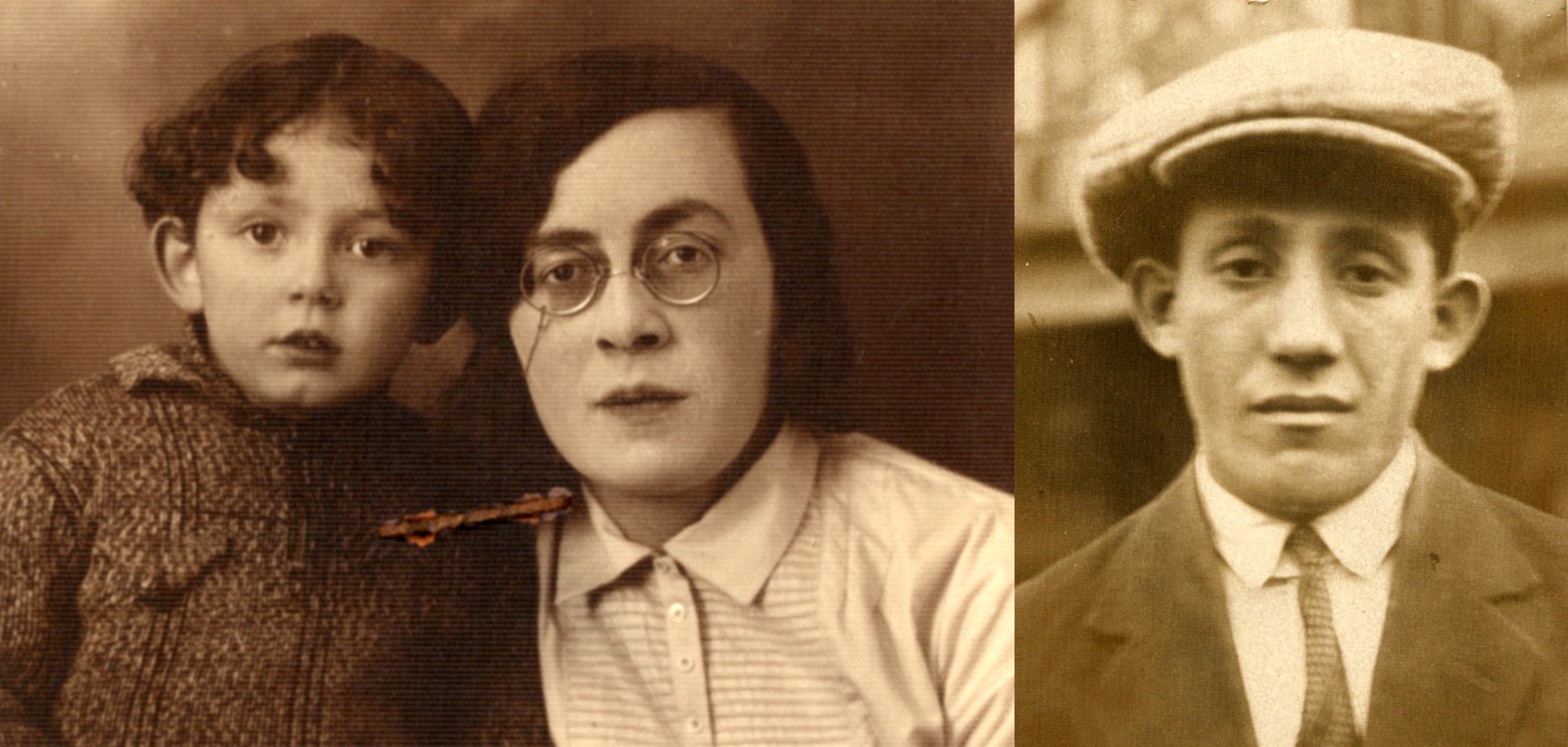
Dwojra Grycman and her mother Ajdla Berkowicz, in 1932, Israel Icek Grycman, in 1929
The Grycman-Berkowicz family had five members. The father, Israel Icek Grycman, arrived in Belgium in 1929. Three years later, he was joined by his wife, Ajdla Berkowicz, and their first child, a girl, Dwojra, born in Poland in 1930. The second daughter, Laja, was born in Etterbeek, a borough of Brussels, in 1933. The youngest, Frida, was born under the Nazi occupation in Elsene, another borough of Brussels. The family then moved to Schaerbeek but was soon arrested. They arrived in the Dossin Barracks on 5 October, but only stayed there for five days, as they were put on board Transport 12, which left Mechelen on 10 October. The mother and her three children were gassed upon arrival at Auschwitz-Birkenau on 12 October. The immediate execution rate for women and children on Transport 12 was about 90%.
When the train stopped at Kosel, which is about 100 kilometres from Auschwitz, Israel Icek Grycman, 40, and a baker by profession obeyed the order given to all men between 15 and 50 to get out of the train. He was put to work in the Zwangarbeitslager für Juden in Upper Silesia, first at Gogolin, then Mechthal and finally at Blechhammer in March 1944. On 1 April, he was tattooed with an Auschwitz registration number: 177.380. He survived the catastrophic marches to the camps on German territory. The death march took him to Gross-Rosen, Buchenwald, Natzweiler and finally Dachau, where he was liberated. He returned to Belgium, months later, on 14 August 1945.
